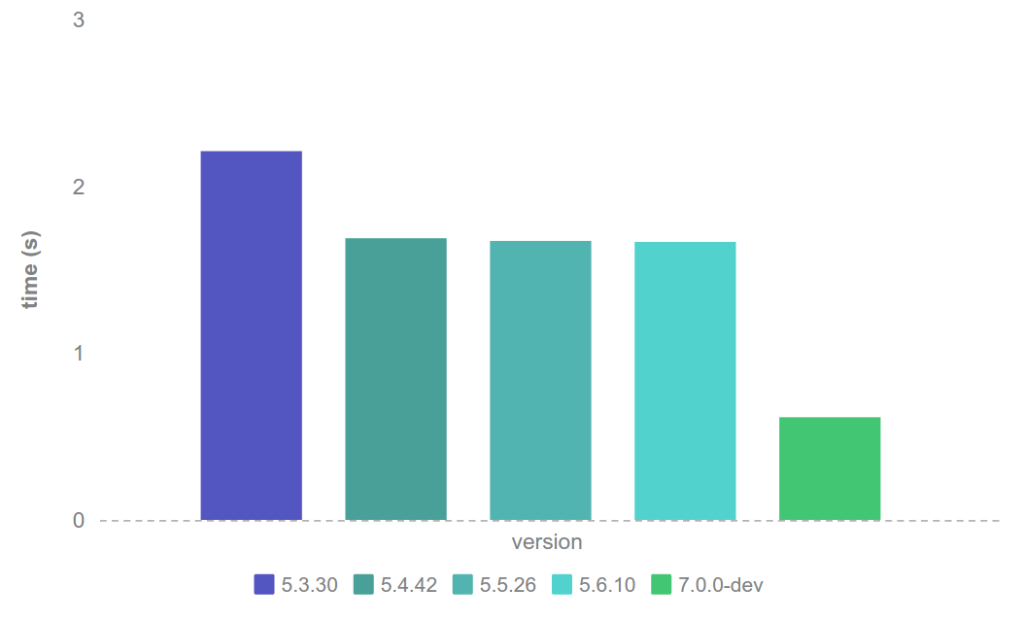 It’s PHPNW time again, and that means hackathon! This conference has a strong tradition of hands-on building as well as the usual talks you’d expect to see, and next week will be no exception to that as there’s a hackathon on Friday night before the main conference on Saturday and Sunday. If you’re at the event then make sure you sign up for your hackathon ticket, it’s always a good experience.
It’s PHPNW time again, and that means hackathon! This conference has a strong tradition of hands-on building as well as the usual talks you’d expect to see, and next week will be no exception to that as there’s a hackathon on Friday night before the main conference on Saturday and Sunday. If you’re at the event then make sure you sign up for your hackathon ticket, it’s always a good experience.
Joind.in is one of the featured projects and I’m one of the maintainers, so I’ll be at the hackathon and I’m hoping that we’ll get quite a few things done during the evening. Joind.in is an ideal project for events like this since it’s easy to get started with it, and we have a development platform virtual machine (that we’ll have already downloaded onto USB sticks so no conference wifi delay) so you can be up and running in no time. We also have a specific label on our bug tracker for items that we think are manageable for people who don’t already know the system, so chances are that if you want to, you’ll be able to contribute to an open source project with something finished by the end of the night. Continue reading


